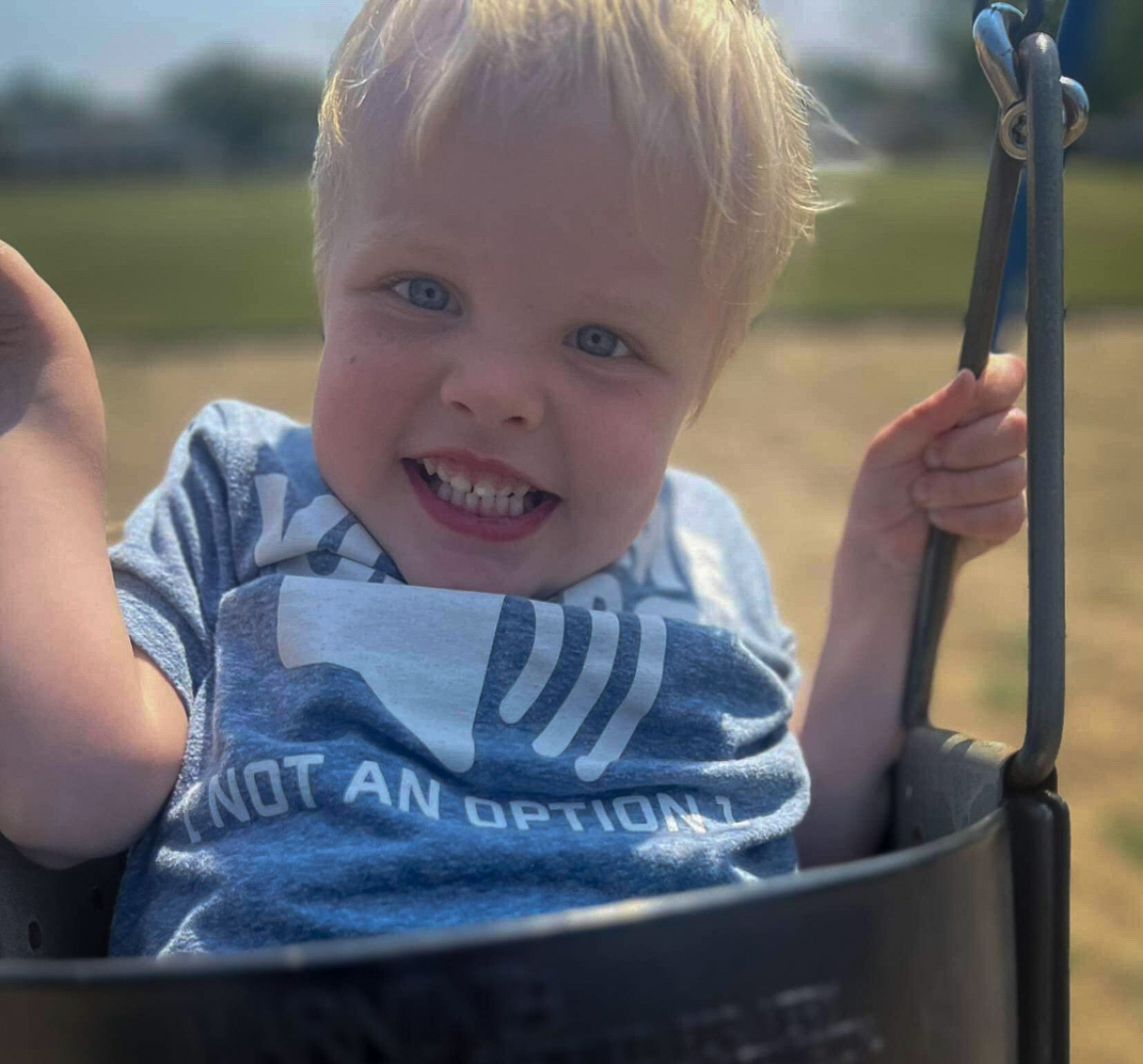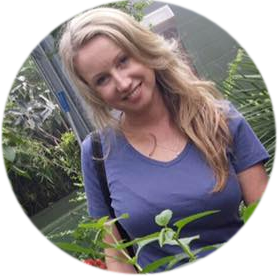In this powerful sequel to Madison’s story, she shares her personal journey of living with trauma and PTSD after the tragic loss of her child.
Madison opens up about the long-term impact of grief and offers valuable insights for those seeking to support others through unimaginable pain. This heartfelt story invites readers to reflect on empathy, healing, and how we can help those in need of comfort.
Life Lessons & Key Themes From This Story
- True empathy begins with presence, not prescriptions—sometimes the greatest gift is simply to listen and hold space.
- Trauma doesn’t vanish with time; it reshapes the landscape of our days, asking us to meet life moment by moment with compassion.
- Small rituals—music in the morning, a clean kitchen, the chatter of a child—can offer tiny anchors in a world undone.
- Healing is rarely linear; it weaves between heartbreak and hope, asking us to be patient with our own becoming.
- Finding meaning in the aftermath—like honouring a loved one’s memory—can transform sorrow into a legacy of light.
- For those who love someone living with grief or PTSD, the most powerful thing you can offer is understanding without agenda.
📍 From Canada: A powerful story that adds to our global collection of inspiring narratives.
People mean well when they offer advice: ‘Go to counseling,’ ‘Take medication,’ ‘Join grief groups.’ I mean, what do you say to a mother who found her child lifeless on his birthday?" How could anyone understand the depth of my grief and PTSD unless they’d experienced what I had?

I’d returned from a doctor’s appointment. I walked into his room, expecting to give him a hug. Instead of celebrating, I found him lifeless. I spent the day in the critical care unit, keeping his organs alive through life support, though there was no brain function.
When you’ve been through something like this, I get it, people want to help. They rattle off advice. What I really want is empathy, care, and understanding. That’s why I’m sharing my story - to help others know the long-term effects of trauma and understand how deeply it shapes everyday life.
Living with Grief, Trauma, and PTSD
Since losing my son, my life has been consumed by fear, anxiety, and trauma. I’ve reached points where I’ve experienced hallucinations, sleep deprivation, sleepwalking, and sleep paralysis. It leaves me exhausted, where I can’t think clearly, and every day feels like a struggle just to keep going.
The trauma of losing my son has left me with a deep-seated fear for my other children, particularly my 4-month-old daughter. Despite logically knowing that her transition to a crib has nothing to do with how my son passed away, I’ve developed a habit of checking on my daughter constantly. I have a constant fear that she might stop breathing.

Traumatic events are characterized by the fine details that remain with us. The incident happened while my son was being cared for by a babysitter. As I prepare to return to work, the thought of placing my children in daycare fills me with dread. I anticipate this will be another hurdle in my journey, as I know I’ll be in constant contact with the daycare, making sure my children are okay.
After the trauma, I was temporarily relieved from work duties because of flashbacks and panic attacks, especially while driving. I relied on delivery services for errands because I couldn’t leave the house. Despite trying doctor-recommended methods, my nervous system would shut down, leading to panic attacks severe enough to hospitalize me.
The trauma even affects how I feel about doctor’s appointments. I get dizzy and nauseous because I’d left my son with a babysitter to attend a pregnancy bloodwork appointment. The what-ifs still haunt me, making every appointment a source of anxiety.
Over time, my body and mind has adapted, but it hasn’t been easy. I experienced multiple episodes of depression, which led me to keep busy as a way to cope. This need to distract myself developed into obsessive-compulsive behaviors like checking if doors were locked or appliances were turned off. Some days, it feels like my brain never stops racing.
Finding Small Moments of Control
During the worst of times, I’ve learned that distraction is the best way I cope. Cleaning my home gives me a sense of control in a world that feels chaotic.
I can’t cope with silence anymore. So the constant music from my Google Home or the amusing chatter of my two-year-old, Dallas, sets a positive tone for the day. In the evenings, watching videos helps calm my mind when things feel too heavy.
Writing has also been a powerful tool for coping. It allows me to process what I can’t always say out loud. Through writing, I’ve been able to express emotions that would otherwise stay bottled up inside.
I’ve also started researching mental health in hopes of helping others facing similar challenges.
Writing has also been a powerful tool for coping. It allows me to process what I can’t always say out loud.
Support, Acceptance, and Finding Meaning
Having a trusted friend to confide in is invaluable, and my best friend Katy has been a constant source of support during the hardest times. I’m also deeply grateful for my children, friends, and family—they’ve provided the strength I’ve needed to keep going, even when I felt like giving up.
I’ve learned to accept that trauma is a lifelong journey of adjustment. It’s not something that fades or goes away, but something I have to adapt to each day. This acceptance hasn’t been easy, but it has helped me navigate the complex emotions and challenges that come with grief and PTSD.
Through this process, I’ve found ways to turn the pain into something that feels meaningful. Losing my son led me to create Windmills for Waylon Sam, an initiative to promote organ donation in his memory. It’s a way to honor him and ensure that his life continues to make a difference in the world.
In sharing my story, I hope to help others understand the ongoing effects of trauma. It’s not something that just goes away with quick fix solutions. It’s a part of life that reshapes everything.
My journey will always be one of learning and adjusting, but through it all, I’ve found strength in the people around me and in creating a lasting impact in my son’s memory.
If there’s one thing I hope others take away, it’s the importance of empathy. Offering advice without understanding is not helpful. We never know the full weight of someone’s trauma, but by listening and showing care, we can lighten their load.
Sometimes, that’s all someone really needs.

Meet Madison Loreli & Waylon Sam
I am Waylon Sam’s mother. I would like to connect and inspire people to become organ donors!
If you have ever considered becoming an organ donor, please sign up using the link below to honour Waylon.
I never thought I could see any light after what I experienced as a mother at 24, losing my son. I never even thought of organ donation. My son died a hero saving three children. A nine-year-old girl with his small bowel, his liver, and his heart is still beating in a baby boy under one.
This whole experience has made me very involved in organ donation and awareness. I would like to honour Waylon and inspire other people to give the gift of life.
I made a quick video; here is the link.❤️ my goal is to get 1000 people to sign up through Waylon’s link: https://beadonor.ca/madison-loreli
Connect with Madison and learn more about Waylon here: Windmills for Waylon Sam





Grief is something that lingers and stays with us even when we don’t necessarily think about it. It’s something that doesn’t heal in a linear fashion, which can make it so difficult to live with.
This was truly an inspiring read. To live with and overcome PTSD is certainly no easy feat, and one that must be dealt with daily.
Thanks for sharing. I can’t even imagine the pain and PTSD of losing a child. Such a touching story.
Thank you for sharing your story, my sister is dealing with this now and it’s overwhelming for her both Grief and PTSD. I’m so grateful she has a village & family to surround her. Sending many prayers your way!
I can not immagine the pain you have endured. But your strength are truly inspiring! Thank you for sharing such a personal journey!
thank you so much for sharing your story! i am publishing my debut novel next month and cannot wait for you to hopefully read the PTSD and panic attack scene. 🙂
Sharing your traumatic story and how you are working to heal and go on as best you can helps all of us to be empathetic and deal with our own tragedies. We had a similar but different tragedy in our family with the loss of a young child. The grief is profound. You will be in my thoughts.
Your story is so moving. I’m so glad you shared it with all of us. Grief and PTSD take on many forms from many sources. While we can’t always truly understand another’s grief, we can learn from them and apply those lessons to our own grief and trauma.
I have never lost a child, so I can’t begin to truly understand what you have gone through. Thank you for sharing your experience. I hope it will help others.